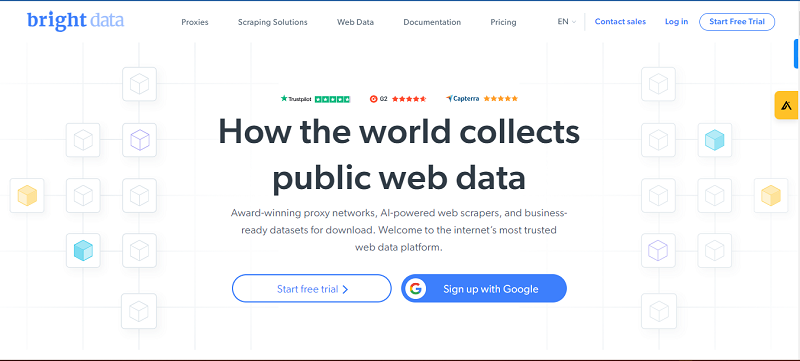Cloud computing is essentially IT as a Service, where shared resources, software and data are accessed on demand via an internet connection. Whilst no one can predict how this will revolutionize technology in the future, for now, it’s already facilitating some pretty cool technologies.
On-the-Go Entertainment
Gaming platform Steam allows its users to purchase access to and play video games from their internet connection. Unlike the old days, where they would need to venture down to the nearest Game, purchase the hardware, come back and install it on their computer, they now have instant access with the click of a button.
What’s more, Steam is a social platform so users can choose to play against each other, set up gaming clans, use the chat facility, and even create their own content to share with others, making gaming an increasingly social activity.
Much in the same way that the cloud computing is revolutionising gaming, entertainment media, such as TV and film are now much more accessible than ever before. The likes of Netflix and LoveFilm now allow their users to stream content over an internet connection, so the days of going down to the video shop are gone. In fact, Netflix makes up an entire third of North American internet traffic during peak hours.
Remote Collaboration
We’ve all been there, desperately trying to access a document at work, but it’s locked for editing by Janice in accounts. And she’s locked her computer. And gone to lunch. It’s frustrating to say the least but still ridiculously common.
However, with cloud based documents like Google Drive, any number of users can work from the same document simultaneously. All changes are made immediately and because everyone’s viewing the same version of the document, there are no over-write issues.
Customer Service
Customer service is vitally important to brands. The relationship between brands and technology is inextricably linked, with rapid advances in computing forcing brands to continually revolutionize their service to stay ahead of the game.
cloud services facilitate a superior customer service experience as sophisticated CRM applications allow brands to cross-examine social media platforms to gather important data about their customer-base.
For example, salesforce.com’s sophisticated cloud-based applications, such as MarketingCloud and SalesForceChatter, give brands the benefit of connecting with their audience over easy-to-use platforms. Such managed services applications also allow brands to gather key metrics about their customer base that will allow them to devise strategic and highly targeted marketing campaigns, which in turn, help to drive sales.
BYOD
By 2018, Gartner predicts that 70 percent of professionals will conduct their work on personal mobile devices.
Bring Your Own Device, or BYOD, essentially allows employees to access essential business information and software on their own device via an internet connection. Not only does this benefit businesses in that they no longer need to spend money on hardware, but it also brings a greater level of flexibility to the working day.
Suddenly, employees can work from anywhere at any time as long as they have an internet connection, so for those with a young family or who spend a large amount of time ‘on-the-road’, the cloud has the potential to increase efficiency tenfold.
Social Sharing
Last but not least, the one that everyone seems to forget: social media. In fact, if you’ve made use of any social media channel, from Facebook to YouTube via LinkedIn, there’s a 100% chance that you’ve come across cloud computing.
Anything that is uploaded to any of these sites whether that’s video content, photos, updates, or profile information, is sorted in the abstract cloud space.
No one actually knows the full capacity of cloud-based services like Amazon or Google, but it’s estimated to be around one Exobyte – or 4.2 million Macbook Pro hard drives. This is a staggering amount of storage that clearly opens a wealth of doors for future computing developments.
By Ali Raza
This is written by Ali Raza on behalf of Interoute-IAM, who are one of the UK’s premier providers of Application Managed Services, Managed Cloud Services and Infrastructure Solutions.





